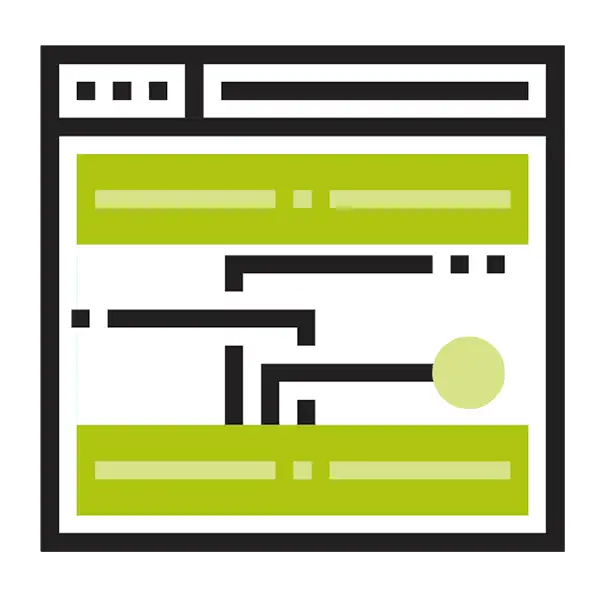Assess
Find the value in your data
Value Data can help your business get ahead in today’s data-driven business landscape and stay there.

Analytics maturity assessment
As a stakeholder, your role primarily involves strategic decision-making based on insights. And where should those insights come from? Accurate, usable data. But when it comes to data-driven decision-making, how do you know how valuable your current data truly is?
If you’re about to start your data-led journey or are looking to upgrade your existing data management and insights capabilities, the plethora of existing data services as well as new AI-enabled technologies being launched virtually by the hour can make knowing how to proceed tricky.
Our analytics maturity assessment framework guides organisations in evaluating their current data and analytics standards. We look at current data practices, identify gaps, and offer recommendations for data-led initiatives.
The team will audit quality, security, storage, analytics, and reporting. We also conduct interviews and workshops to gain insights on data usage, identifying opportunities for improved data-driven practices.

Data governance
How does your business define what your data is?
Where is your data stored?
How accurate should the data be before use?
Who can use it?
For what purpose can your team use your data?
Data governance is all about the rules and principles needed to maintain data quality throughout its lifecycle. Effective governance begins by defining how data is collected. It asks key questions about data accuracy and then addresses how it is stored, accessed, and used.
We offer tailored data governance frameworks covering data quality, privacy, security, master data management, and organisational data handling protocols.

Data architecture
Data architecture controls the way data flows through storage systems. It sets the blueprint for how data is managed from collection through to transformation, distribution, and consumption. Your data architecture should be set by your business requirements and not the other way around.
Good data architecture ensures that data is manageable and useful. It avoids redundant data storage, improves data quality through cleansing and enables new applications and mechanisms to integrate data across departments or geographies, without the huge complexities that come with storing everything in one place.
At Value Data we use sound data architecture to help organisations build their roadmap for tomorrow’s applications and data requirements. To do that we assess and then design end-to-end data integration platforms that align with your business objectives, storage options – cloud, on-premises or hybrid – governance, reporting, refresh frequency, and budget constraints. We offer scalable solutions while prioritising cost optimisation, performance efficiency, and security.

